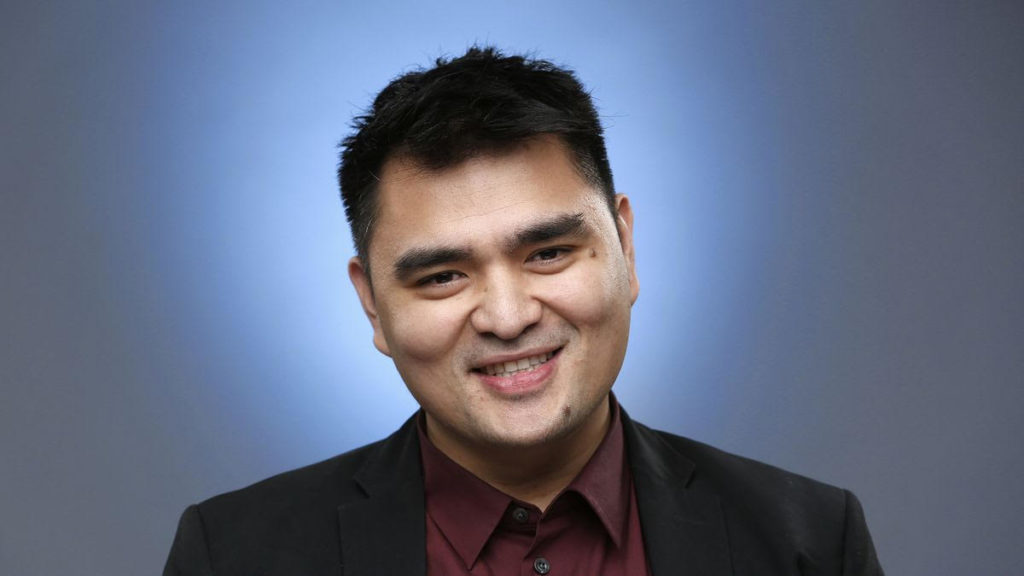By Allison Shockley || Contributing Writer


Photos courtesy of nbcnews.com
What’s more American than driving? For many of us, this is a privilege we often overlook. The little plastic card that gives us agency over our travel plans. Mobility. But not everyone has that privilege; in fact, only 12 states allow undocumented immigrants to drive. Pulitzer-prize winning journalist Jose Antonio Vargas, this past Thursday’s Common Hour speaker, was terrified of being pulled over and potentially deported for simply driving in the state of Pennsylvania.
Vargas discovered that he was undocumented at sixteen, when he tried to get his driver’s license. Coming over from the Philippines when he was 12, Vargas had no documents to prove his citizenship. Though his guardian grandparents were legal citizens, he had not gone through the process. And, contrary to popular belief, it is not an easy process. There’s no line you can just get in to become a citizen. That’s why there are currently 11 million undocumented immigrants in the United States.
In fact, there are a lot of false narratives perpetuated about undocumented immigrants that Vargas addressed in his talk. Like 1) they commit more crimes than natural-born citizens—false. 2) They cost tax-payers billions of dollars—in fact, undocumented immigrants still pay thousands of taxes. 3) Open borders allow drugs and gangs to pour into communities—just false and offensive. And many undocumented immigrants don’t even cross the border; they come here on airplanes.
Vargas talks about how important it is to counter these false and offensive narratives through storytelling. That’s why he publicly came out as undocumented and wrote an article for TIME magazine about why they haven’t deported him yet. To do this, he called ICE. “You’ve deported 400,000 this year alone. Why am I not one of them?”
“We don’t comment on individual cases.”
How true. We don’t care about individual undocumented immigrants when they are babysitting our children, mowing our lawns, cleaning our houses, Vargas says. When we can exploit their labor, we love to overlook their undocumented status. It’s when we forget that they’re people that we want to deport them—or put them in jail (there are 40,000 undocumented people in jail every day).
Vargas discussed the elements of his memoir, of his “selfish” project to find out why he’s so “messed up,” as he puts it. He talked about exploring the lying, passing (including eliminating his accent), and hiding (even from close friendships) that he had to do because he was undocumented. He also talked about how writing this book made him realize he needed therapy—and that’s not a bad thing.
It also led him to question everything: Why do goods and commodities travel more freely than people do? How does an iPhone have more migrant rights than a human being? Why is it okay for White people to expand across the world to grow their industries and empires but people of color can hardly travel at all without being interrogated and deemed criminals?
Through all of this, he realized that “legality is a matter of power, not justice.” That citizenship is about being a good neighbor and sharing space more than it is a piece of paper. And by that definition, we definitely do have a citizenship crisis.
Junior Allison Shockley is a Contributing writer, her email is aschockley@fandm.edu